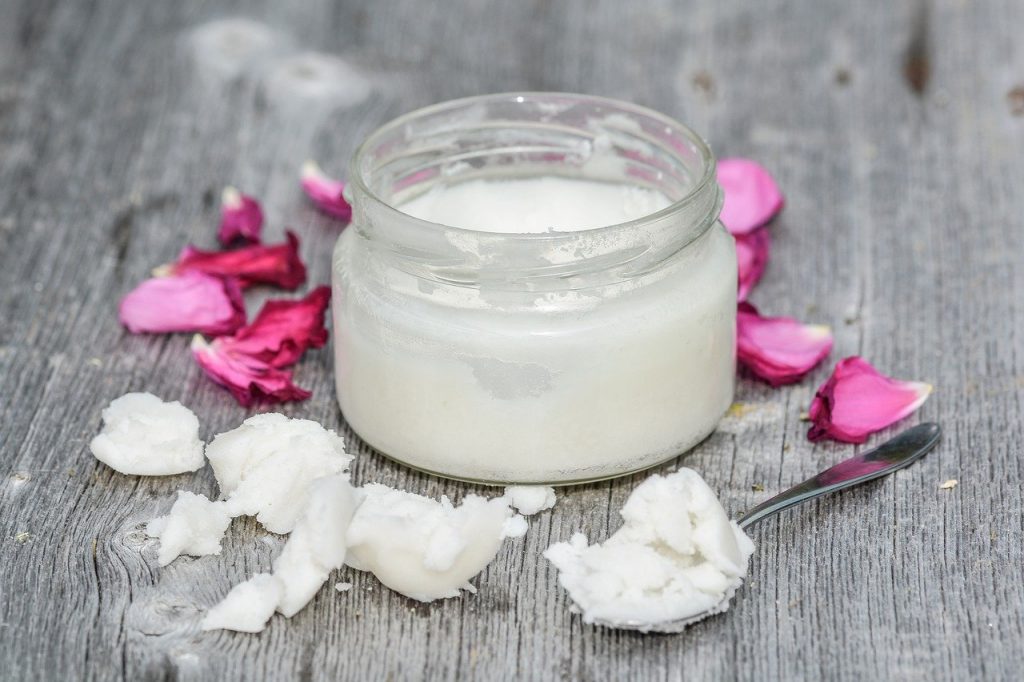Compared to glucose, ketone is an “expensive” fuel, take longer time to be converted from fat. (In other way, pork is way more expensive than noodles)

- Ketones are an alternative fuel source for the body: Normally, our bodies rely on glucose (sugar) as their primary source of energy. However, when glucose is scarce, such as during fasting or a low-carb diet, the liver produces ketones as an alternative fuel source. Ketones can be used by the brain, heart, and other organs in place of glucose.
- Ketones improve cognitive function: Studies have shown that ketones can improve cognitive function and protect against neurodegenerative diseases like Alzheimer’s. This is because the brain can use ketones for energy, and ketones may be a more efficient fuel source for the brain than glucose.
- Ketones have anti-inflammatory effects: Research suggests that ketones have anti-inflammatory effects, which can reduce the risk of diseases like heart disease, diabetes, and cancer.
To support ketone production in the body, here are some tips:
- Follow a high-protein, moderate-fat diet: To encourage your body to produce ketones, you’ll need to limit your intake of carbohydrates and increase your intake of protein and healthy fats. Good sources of protein include beef, chicken, fish, eggs, and dairy products like cheese and Greek yogurt. Good sources of healthy fats include nuts, seeds, olive oil, and fatty fish like salmon.
- Incorporate coconut oil: Coconut oil contains a type of fat called medium-chain triglycerides (MCTs), which are easily converted into ketones by the liver. Adding a spoonful of coconut oil to your morning coffee or smoothie can help boost ketone production.
- Try intermittent fasting: Intermittent fasting involves alternating periods of eating with periods of fasting. During the fasting period, your body may switch to using ketones for energy. However, it’s important to speak with a healthcare professional before trying intermittent fasting, especially if you have a history of disordered eating or other health concerns.
Here are some links to studies supporting the benefits of ketones:
- The Ketogenic Diet for Obesity and Diabetes – https://www.ncbi.nlm.nih.gov/pmc/articles/PMC3945587/
- The Neuroprotective Properties of Calorie Restriction, the Ketogenic Diet, and Ketone Bodies – https://www.ncbi.nlm.nih.gov/pmc/articles/PMC2367001/
- Anti-inflammatory Mechanisms of Ketogenic Diets: A Comprehensive Review – https://www.ncbi.nlm.nih.gov/pmc/articles/PMC6627766/
In summary, ketones are an alternative fuel source for the body that can improve cognitive function and have anti-inflammatory effects. By following a high-protein, moderate-fat diet that includes beef, chicken, fish, eggs, and dairy products, incorporating coconut oil, or trying intermittent fasting, you can encourage your body to produce ketones and potentially reap some of these benefits.

